
Focus on the Netherlands
With ambitious mission-oriented strategic frameworks
Wilbert Schaap is programme coordinator at the Directorate for Enterprise and Innovation at the Ministry of Economic Affairs and Climate Policy (EZK). As well as promoting the Netherlands as a country of enterprise with a strong international competitive position and an eye for sustainability, the Ministry is committed to creating an excellent entrepreneurial business climate by generating the right conditions and giving entrepreneurs room to innovate and grow.
New mission-driven approach
“Public-private partnerships for innovation and knowledge development are becoming increasingly urgent for tackling societal challenges in areas such as climate and health,” Schaap says, “and for increasing the size of the economy and strengthening our competitive position.” Since the end of 2019, the business community, knowledge institutions and the government have been working together to realise social missions that contribute to the growth of the Dutch economy as well as offer valuable solutions to major societal challenges. “This is a really new angle. We do this with the missiondriven top sectors and innovation policy (MTIP). The Dutch cabinet has drawn up missions for four themes with ambitious targets, such as a 49% reduction in greenhouse gas emissions by 2030, five additional healthier years for every person living in the Netherlands in 2040, and climate-neutral agriculture by 2050.” As Schaap pointed out in 2018 (see ITEA Magazine article Country focus on the Netherlands, issue 30, July 2018), since 2011, the business community has focused on nine innovative sectors (the “Top Sector Policy”): Agri & Food, Chemistry, Creative Industry, Energy, High Tech Systems & Materials, Life Science & Health, Logistics, Horticulture & Propagation Materials and Water & Maritime. “ITEA comes under the High Tech Systems & Materials, which accounts for more than half of all business R&D in the Netherlands. So that’s a really important sector.”
Top Team
The Dutch cabinet has appointed a ‘Top Team’ (consisting of an ambassador, a scientist, an SME representative and a top civil servant) for each sector and consults with them about their agendas for knowledge and innovation, human capital and internationalisation. The MTIP has at its disposal resources and instruments from EZK and other departments and knowledge institutions. This set of tools enables solutions to social challenges to be developed within the ‘Innovation Helix’. Schaap explains: “We do this through a public-private partnership (PPP) structure whereby the interests of companies are increasingly becoming more parallel with the major societal challenges. We know that ITEA has similar priorities in terms of these challenges. Central to this PPP approach is the combination of economic opportunities and societal challenges, the key technologies that contribute to this, the application of the new knowledge, and the associated social and societal aspects. This is also closely linked to European programmes such as Eureka and Horizon Europe. We can see that very clearly in evidence in the ICT and software innovation focus of ITEA in domains like (smart) health and energy.”
“Through ITEA, these SMEs can gain access to project consortia that would otherwise most likely be closed to them”
Good early signs for MTIP
Two years on from the launch of the MTIP in 2019, a first interim evaluation was conducted in 2021 and it showed that the participants value the MTIP for three reasons. “Firstly,” says Schaap, “it ensures more cross-sectoral and public-private collaboration on research and innovation projects, which makes it easier to form a consortium. Secondly, like the conductor of an orchestra, the missions orchestrate the deployment of resources and ensure joint agendas along with a more programmatic approach. Finally, private co-financing is generally significant, which creates a leverage effect that allows more to be achieved with public funds.” This Dutch approach is also the recipient of fulsome international praise. The Organisation for Economic Co-operation and Development (OECD) compares innovation missions in a growing number of countries and calls the Dutch approach “among the most ambitious mission-oriented strategic frameworks”, especially because it brings together economic sectors and social missions.
Eureka Clusters – evaluation and reform
Of course, the approach stands or falls by the players that contribute to the ‘team’ effort, such as the Eureka Clusters. Schaap is pleased to note the very good news that “a Dutch evaluation of the Eureka Clusters in 2020 revealed a positive picture about the effectiveness of the Eureka Clusters. Companies that participate in the Clusters, including ITEA, indicate that participation in the Eureka Clusters promotes and advances more and better international R&D collaboration, the acquisition of new technological knowledge and a faster turnaround time for innovations.” During the Dutch Eureka Chairmanship from July 2019 to July 2020, the Eureka Clusters were reformed, undergoing a number of major improvements. “No easy task,” says Schaap, “because of all the different players and diversity of input. But well worth it in the end. For example, the revamped Eureka Clusters Programme (ECP) continues to focus on fostering international collaboration in trusted innovation ecosystems while providing greater flexibility (as in the Joint Eureka Clusters AI Calls) to address emerging societal and economic challenges as well. ITEA is clearly very well positioned to play a leading role in this new Eureka Clusters setting.”
ITEA showcases PPP benefits
Participation in ITEA offers unique opportunities for partnering with other national and/or European companies and academia in strategic, precompetitive RD&I projects – opportunities that are not so readily available in other parts of the world. “In the United States, for example, this kind of collaboration does not really exist. In Europe, however, there is a clear understanding that we need this type of international cooperation in order to remain economically strong and competitive,” Schaap explains. “In the Netherlands we have a fairly unique structure of many large companies that operate in a global market and work together with innovative SMEs. Through ITEA, these SMEs can gain access to project consortia that would otherwise most likely be closed to them. This vast wealth of knowledge and expertise, also from university and research institute participants, as well as business and market acumen can generate a pool of resources that results in a significant gain in efficiency and effectiveness that can go beyond borders. Ultimately, you can go deeper and wider with your research and development and do it more costeffectively. As I mentioned earlier, the rapid throughput time from innovation to product or service plays a key role since it means that the urgent societal challenges can be tackled faster and lead to a win-win for all, whichever way you look at it. Also from a government perspective.”
More information:
https://www.rvo.nl/subsidie-en-financieringswijzer/
eureka/eureka-netwerken-en-programmas/itea4#

Other chapters
Use the arrows to view more chapters
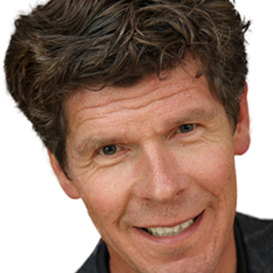
Editorial
By Jan Jonker
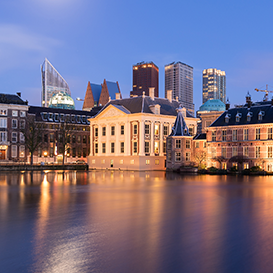
Country Focus: The Netherlands
with ambitious mission-oriented strategic frameworks
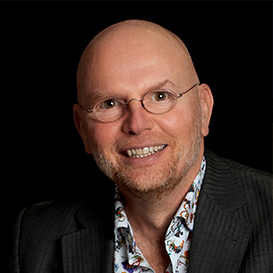
MEDrecord
focus on patient-centric care

ITEA Success story: APPSTACLE
Vehicle connectivity for novel applications
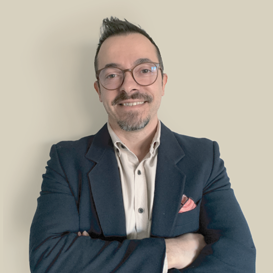
Community talk with Arda Güreller
A real (ITEA) family man at heart

ITEA Success story: PS-CRIMSON
A one-look overview of the city in 5 seconds
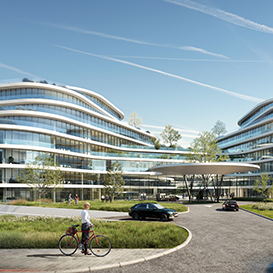
SME in the spotlight: assar
Where diversity and inclusiveness are keys to co-creation
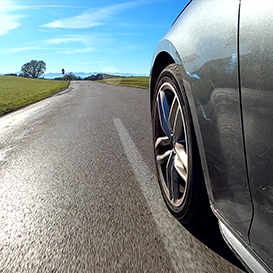
By and for end-users
EMPHYSIS eFMI: get on board or risk missing out
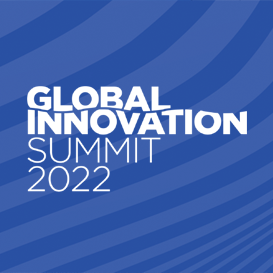
Global Innovation Summit 2022
Creating a sustainable Atlantic
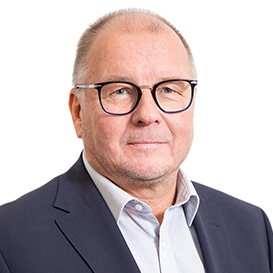
Smart city challenges
Moving to a data driven Tampere for citizens
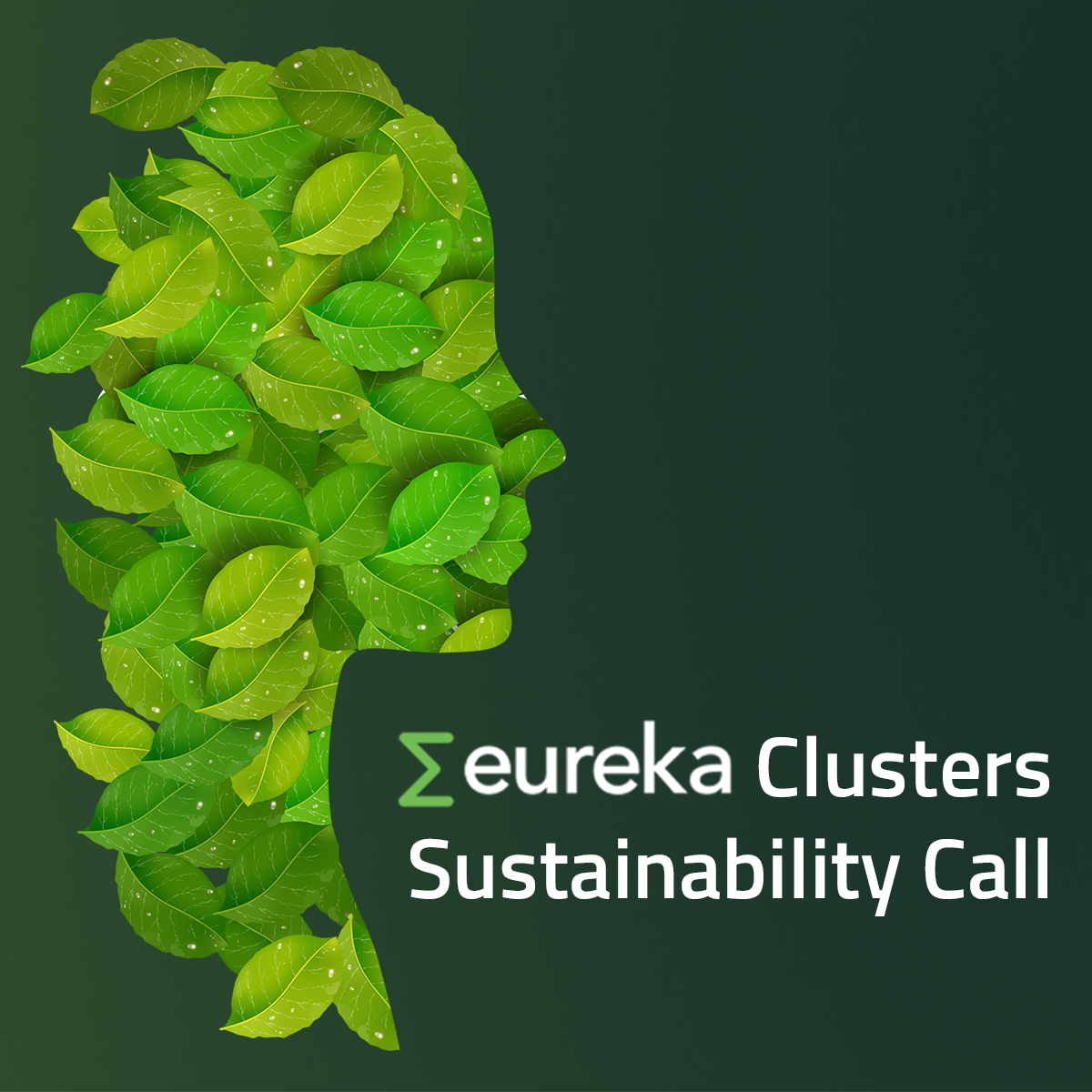
Ready to make industry more sustainable and greener?
Participate in our Eureka Clusters Sustainability Call 2022!

